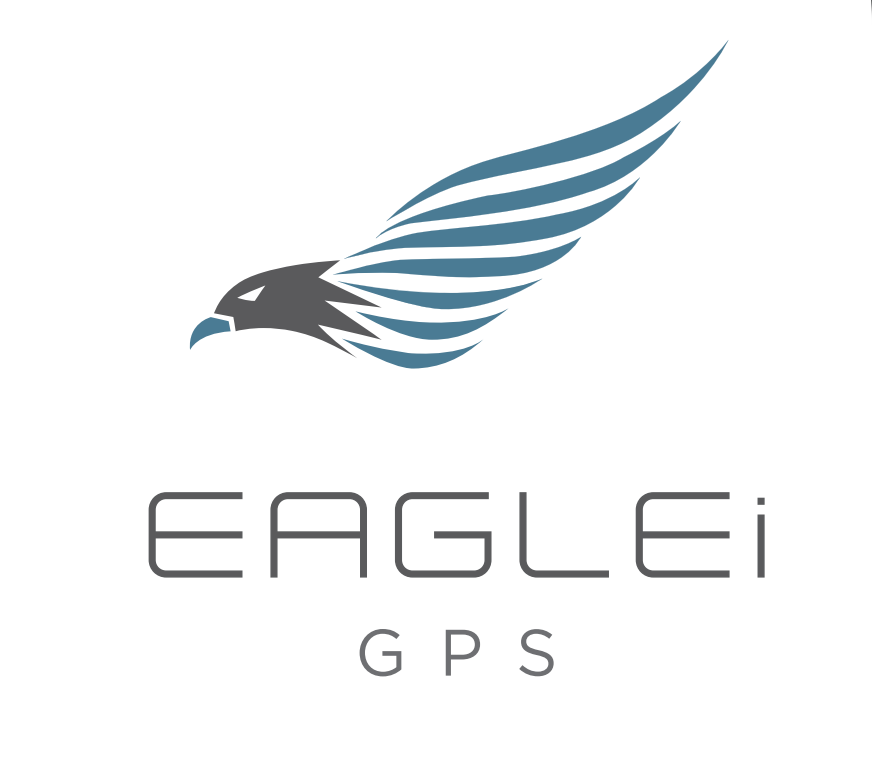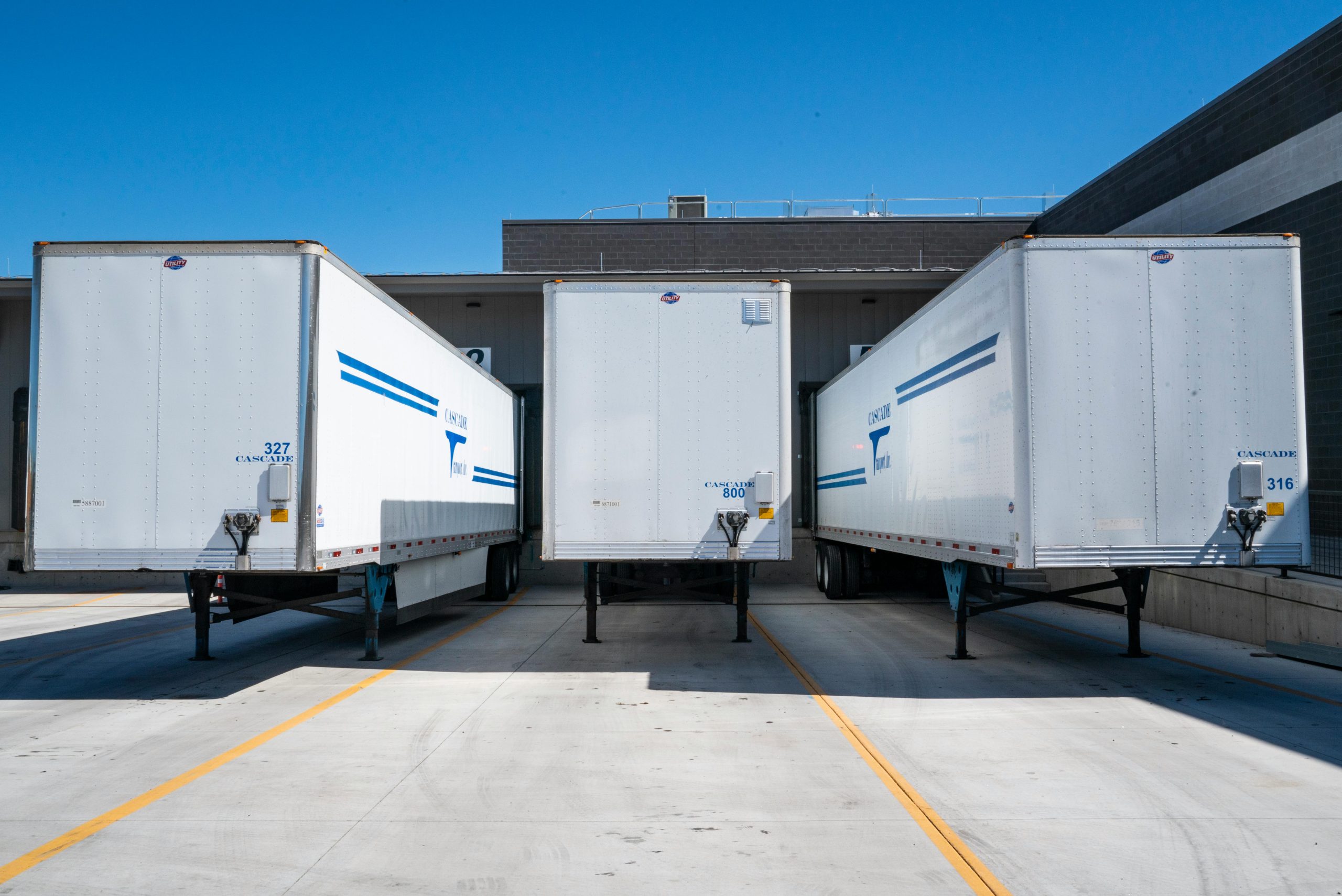GPS Trailer Tracking: Evolution, Impact, and Global Trends
Evolution of GPS Technology in Trailer Tracking
GPS trailer tracking has revolutionized the logistics and transportation industries, fundamentally changing how companies monitor and manage their fleets. The evolution of GPS technology has been a critical factor in this transformation. Initially, GPS systems provided basic location data, but over time, they have evolved into sophisticated systems capable of real-time tracking, advanced data analytics, and predictive modeling.
Modern GPS algorithms in trailer tracking are designed to optimize route planning, reduce fuel consumption, and enhance overall fleet efficiency. These algorithms now can incorporate machine learning and artificial intelligence, or even with complex algorithms not using AI, can analyze vast amounts of data, offering insights into driver behavior, vehicle performance, and potential maintenance needs. This evolution has not only improved the accuracy of tracking but also added layers of functionality that go beyond mere location tracking.
Analyzing the Impact of GPS Tracking on Trailer Lifespan
The impact of GPS tracking technology extends beyond navigation and logistics management; it plays a significant role in extending the lifespan of trailers. By providing real-time data on vehicle usage, GPS tracking helps fleet managers implement preventive maintenance schedules more effectively. This proactive approach to maintenance ensures that issues are addressed before they become major problems, thereby reducing wear and tear.
GPS systems also assist in monitoring driving patterns that could affect the lifespan of a trailer. For instance, excessive speeding, harsh braking, and improper handling can be identified and addressed through driver training programs. Moreover, GPS tracking allows for more efficient utilization of trailers, ensuring that they are not overburdened or underutilized – both of which can impact their longevity and operational efficiency.
Global Adoption Rates and Industry Benchmarking
The adoption of GPS trailer tracking systems has seen a significant surge globally, driven by the need for enhanced supply chain visibility and operational efficiency. According to industry reports, North America and Europe lead in the adoption of these technologies, largely due to stringent regulatory requirements and the high value placed on logistics efficiency in these regions. Emerging markets are also catching up rapidly, as they recognize the benefits of GPS tracking in optimizing their supply chain and logistics operations.
Industry benchmarking reveals that companies incorporating GPS trailer tracking systems observe marked improvements in key performance indicators such as delivery times, fuel efficiency, and asset utilization. These benchmarks set the standard for operational excellence, pushing companies that are yet to adopt these systems to consider their integration.
The adoption and growth of GPS trailer tracking systems are witnessing a significant surge globally, influenced by technological advancements and a growing demand across various industries. Here’s an in-depth look at the current statistics and trends:
Market Growth and CAGR
The global GPS tracking device market is on an upward trajectory, expected to expand at a Compound Annual Growth Rate (CAGR) of 13.1% from 2023 to 2028 (MarketsandMarkets, 2023).
Market Segmentation and Key Players
This burgeoning market is categorized into different types of GPS tracking devices, including standalone trackers, OBD devices, and advanced trackers. Key players leading this growth include renowned companies such as CalAmp Corp., Orbcomm Inc., and Sierra Wireless, Inc. The market’s expansion is primarily fueled by the increasing demand for commercial vehicles and the broad application of GPS tracking in sectors like transportation & logistics, construction, and government (MarketsandMarkets, 2023).
End-Use Insights
Dominating the market with the highest revenue share is the transportation and logistics segment. It’s projected to maintain the fastest growth, attributed to the rising fleet sizes and the widespread application of GPS systems in logistics and transportation tracking globally (Grand View Research, 2023).
Regional Insights
- North America: This region holds the lion’s share of the market revenue, with the emergence of intelligent systems driving the adoption of fleet management technologies (Grand View Research, 2023).
- Europe: Europe is expected to continue leading the market share through the forecast period, with significant growth projected for the Asia Pacific market, which is estimated to grow at the highest CAGR between 2023 and 2028 (MarketsandMarkets, 2023).
- Asia Pacific: Expected to register the fastest CAGR, this growth is driven by technological advancements in networking, increased vehicle sales, stringent government regulations, and the burgeoning e-commerce sector (Grand View Research, 2023).
Technology Insights
The largest market share belongs to the GPS/satellite segment, and it’s also poised to experience the fastest CAGR. This growth is linked to the rise in commercial vehicle sales and the integration of cloud technology and IoT in various industries (Grand View Research, 2023).
Vehicle Type Insights
The segment of passenger vehicles holds the majority of the market’s revenue share and is anticipated to observe the fastest CAGR. This trend is propelled by app-based transportation services that leverage GPS tracking systems for efficient operational control (Grand View Research, 2023).
These statistics and insights underscore the dynamic and rapidly evolving landscape of the GPS tracking device market. Driven by technological advancements and an increasing demand across diverse sectors, GPS tracking devices are revolutionizing fleet management, enhancing safety, and boosting efficiency in logistics and transportation, thus contributing to the global expansion of this market.
In conclusion, the evolution of GPS algorithms in trailer tracking has brought about significant advancements in the logistics and transportation sector. The impact of these systems on extending trailer lifespan and the growing global adoption rates highlight the importance of this technology in today’s fast-paced, efficiency-driven world. As the technology continues to evolve, it is expected to bring even more transformative changes to the industry, setting new benchmarks and redefining logistics management.







